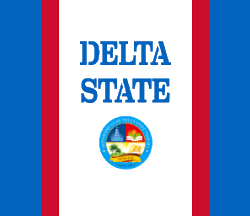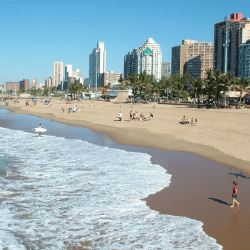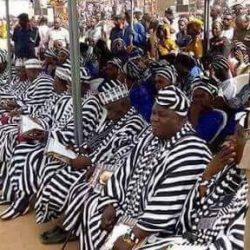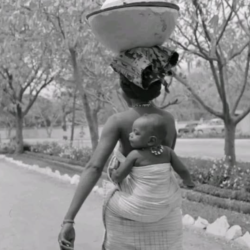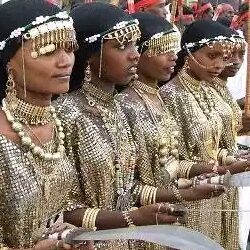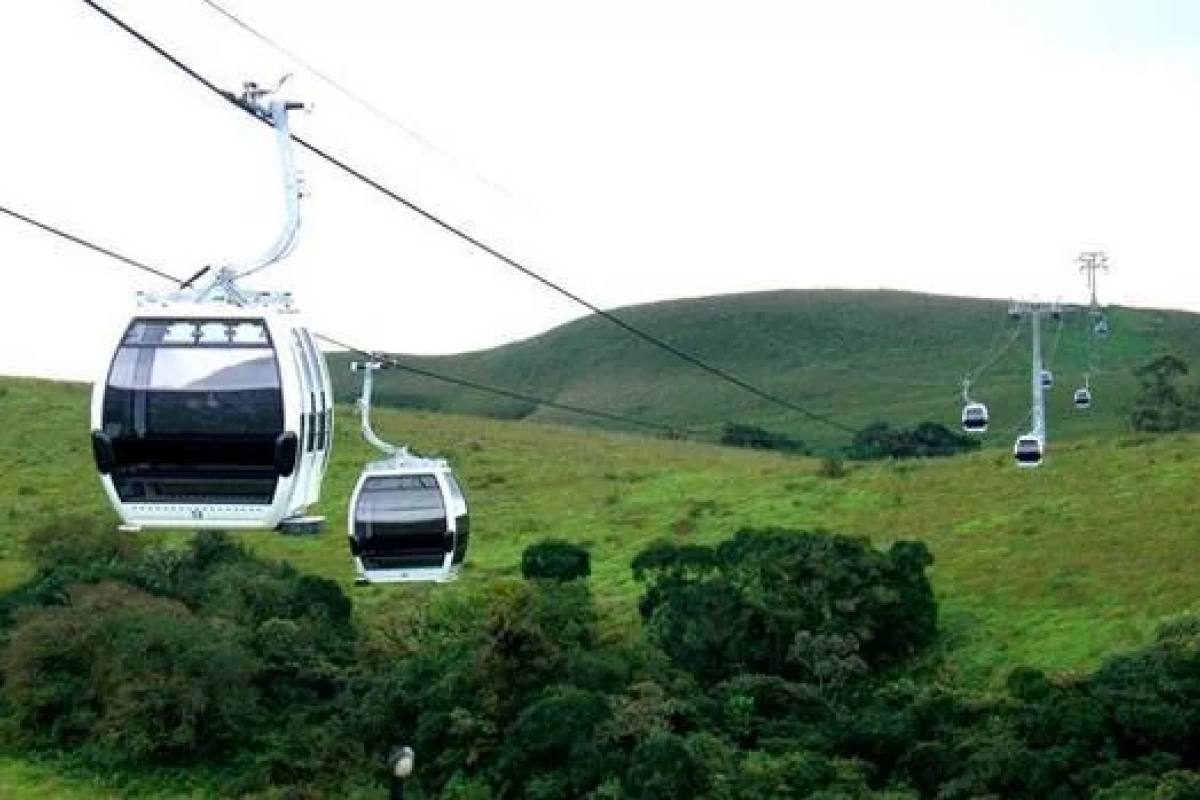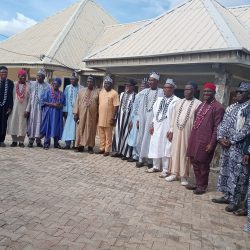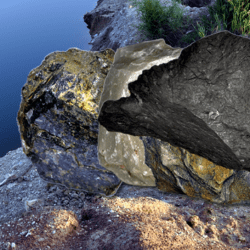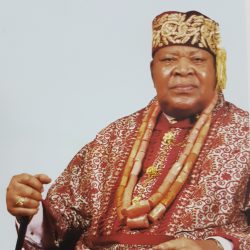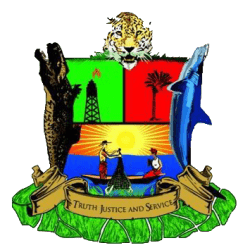History
What is today Benue State was created on February 3, 1976. It was one of the seven states created by the military administration headed by the late General Murtala Mohammed, which increased the number of states in the country from 13 to 19. The state derives its name from the River Benue, the second largest river in the country and the most prominent geographical feature in the state.

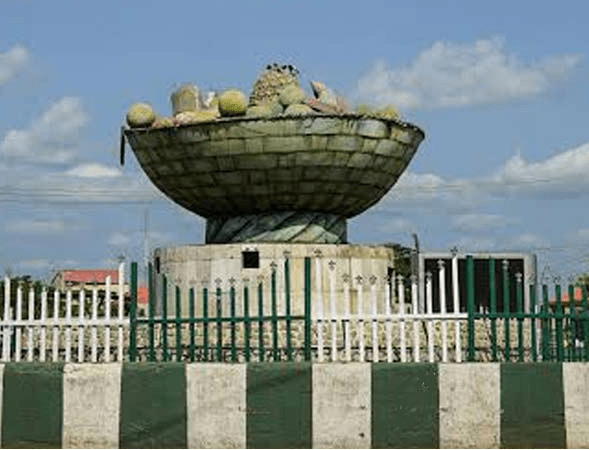
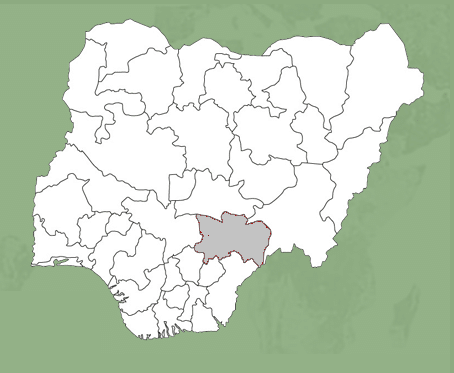

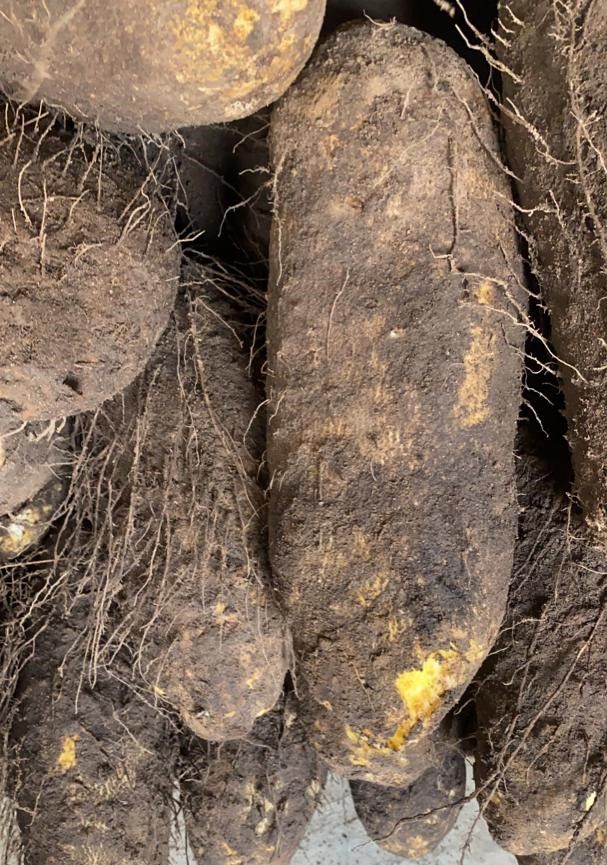
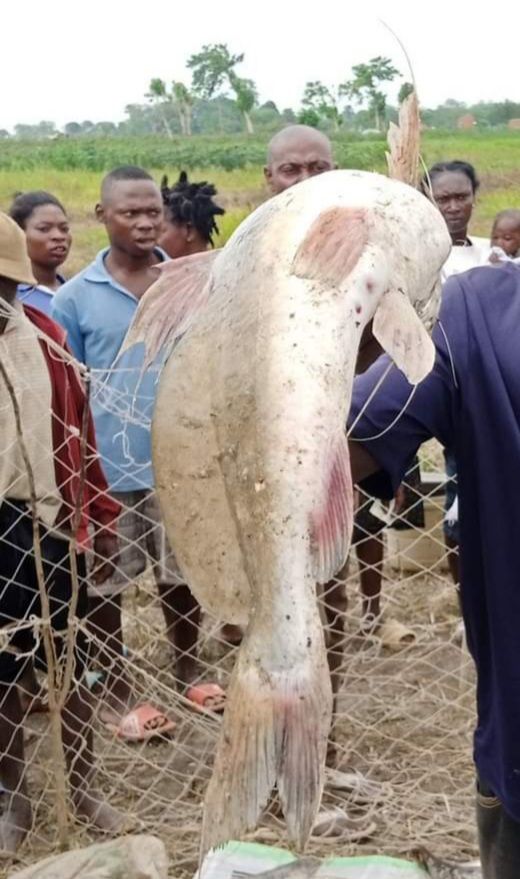
At its inception, the state comprised of only seven Local Governments namely: Gboko, Katsina-Ala, Makurdi, Ankpa, Dekina, Idah and Otukpo. Several Local Government creation exercises increased these, first to thirteen and later nineteen. With the creation of more states and local governments in 1991, the Igala-speaking Local Governments were excised to form the present Kogi State. The new Benue State has twenty-three Local Governments, Fourteen from the Tiv-speaking area and nine from the Idoma-speaking area.
Location
Benue State lies in the middle of the country and shares boundaries with five other states namely: Nasarawa to the north, Taraba to the east, Cross-River to the south, Enugu to the south-west and Kogi to the west. The state also shares a common boundary with the Republic of Cameroun on the south-east. Benue has a population of 2,780,389 (1991 census) and occupies a landmass of 30,955 square kilometers.
Capital
Makurdi, the state capital was established in the early twenties and gained prominence in 1927 when it became the headquarters of the then Benue Province. Being a river port, it attracted the establishment of trading depots by companies such as UAC and John Holt Limited. Its commercial status was further enhanced when the Railway Bridge was completed and opened in 1932. In 1976, the town became the capital of Benue State and today, doubles as the headquarters of Makurdi Local Government Area
Climate
Benue State experiences a typical tropical climate with two distinct seasons, the wet/rainy season and the dry/summer season. The rainy season lasts from April to October with annual rainfall in the range of 150-180mm. The dry season begins in November and ends in March. Temperatures fluctuate between 23 and 30 degrees centigrade in the year. The south-eastern part of the state adjoining the Obudu-Cameroun mountain range, however, has a cool climate similar to that of the Jos Plateau.
People
The state is made up of several ethnic groups: Tiv, Idoma, Igede, Etulo, Abakpa, Jukun, Hausa, Akweya and Nyifon. The Tiv are the dominant ethnic group, easily accounting for over half the population.
Most of the people are farmers while the inhabitants of the riverine areas engage in fishing as their primary or important secondary occupation.
The people of the state are famous for their cheerful and hospitable disposition as well as rich cultural heritage.
The state has a sizeable number of other Nigerians such as Hausa, Igbo, Yoruba and Igala who are mainly engaged in commercial activities.
Traditional rulers
The Benue State Government accords high respect to traditional rulers in recognition of their role as custodians of culture and as agents of development. Also, their roles in peace and order at the grassroots level are recognized. In order to enhance their contribution to the affairs of the state, government has established a three-tier traditional council system made up of Local Government Area Traditional Councils, Area Traditional Councils and the State Council of Chiefs.
The Local Government (Area) Traditional Council is made up of District Heads in a Local Government Area and is headed by a chairman who is a second class chief. The two Area Councils are the Tiv Traditional Council and the Idoma Traditional Council. The former is made up of all the traditional rulers from the fourteen Tiv-speaking Local Government Areas with the Tor Tiv as Chairman, while the latter is made up of nine Idoma-speaking Local Government Areas, has the Och’Idoma as Chairman.
The State Council of Chiefs has the Tor Tiv, Orchivirigh Dr. Alfred Akawe Torkura as Chairman, with Och’Idoma and all second class Chiefs/Chairmen of the Local Government Traditional Council as members.
Natural resources
Benue State is the nations acclaimed food basket because of its rich agricultural produce which include yams, rice, beans, cassava, potatoes, maize, soya beans, sorghum, millet and cocoyam. The state also accounts for over 70% of Nigeria’s soya bean production.
The state has a vast and fertile landmass, which is tilled by the farming population that treasures agriculture as the bedrock of its livelihood. It is also boast of one of the longest stretches of river systems in the country with great potential for a viable fishing industry, dry season farming through irrigation and for an inland water highway.
The vegetation of the sourthern parts of the state is characterized by forests, which yield trees for timber and provide a suitable habitat for rare animals. The state thus possesses potential for the development of viable forest and wildlife reserves.
Culture
Benue State possesses a rich and diverse cultural heritage which finds expression in colourful cloths, exotic masquerades, supplicated music and dances. Traditional dances from Benue State have won acclaim at national and international cultural festivals. These dances include Ingyough, Ange, Anchanakupa and Swange among the Tiv, and Anuwowowo and Odabaru among the Idoma. The Tiv kwagh-hir theatre provides memorable entertainment in its dramatization of Tiv folklore and social commentary.
The socio-religious festivals of the state are equally famous. The Alekwu ancestral festival of the Idoma for instance, is an occasion when, it is popularly believed the ancestors emerge from the spirit world to reestablish contact with the living in forms of masquerades.
Marriage, funerals and other rites of passage provide occasion for rich displays of the people’s cultural heritage.
Fishing festivals and communal hunting expeditions are colourful and memorable social events among various communities. The Igede Agba (a new yam festival) and the Ujo festival are the most important social occasions among the Igede and Igumale/Agila people respectively.

